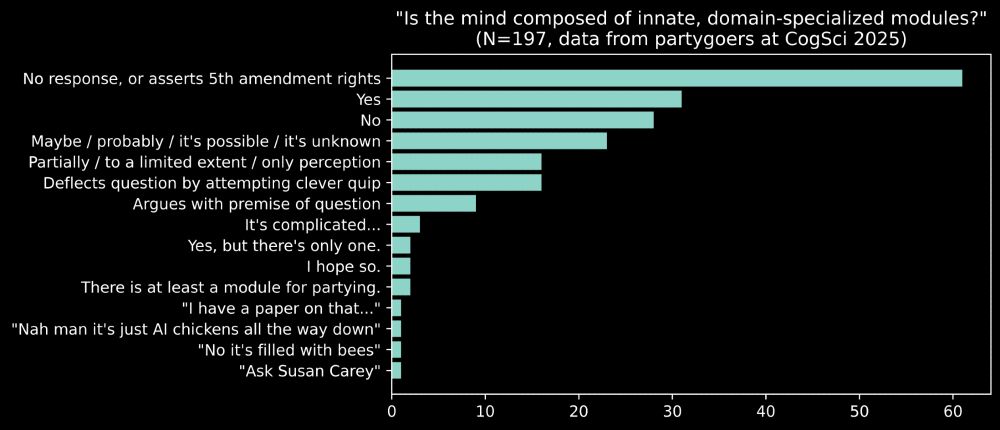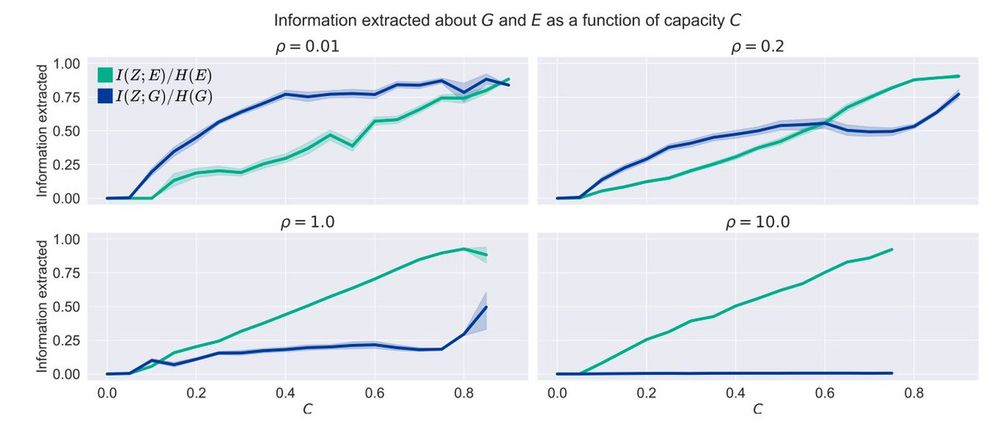@tadegquillien.bsky.social
190 followers
96 following
80 posts
Cognitive scientist at the University of Edinburgh. Causality, computation, evolution.
Lab: https://quillienlab.github.io/
Posts
Media
Videos
Starter Packs
Reposted
Reposted
Reposted
Reposted
samuel mehr
@mehr.nz
· Aug 2
Reposted
Reposted
Reposted
Will Lowe
@conjugateprior.org
· Jul 29

















